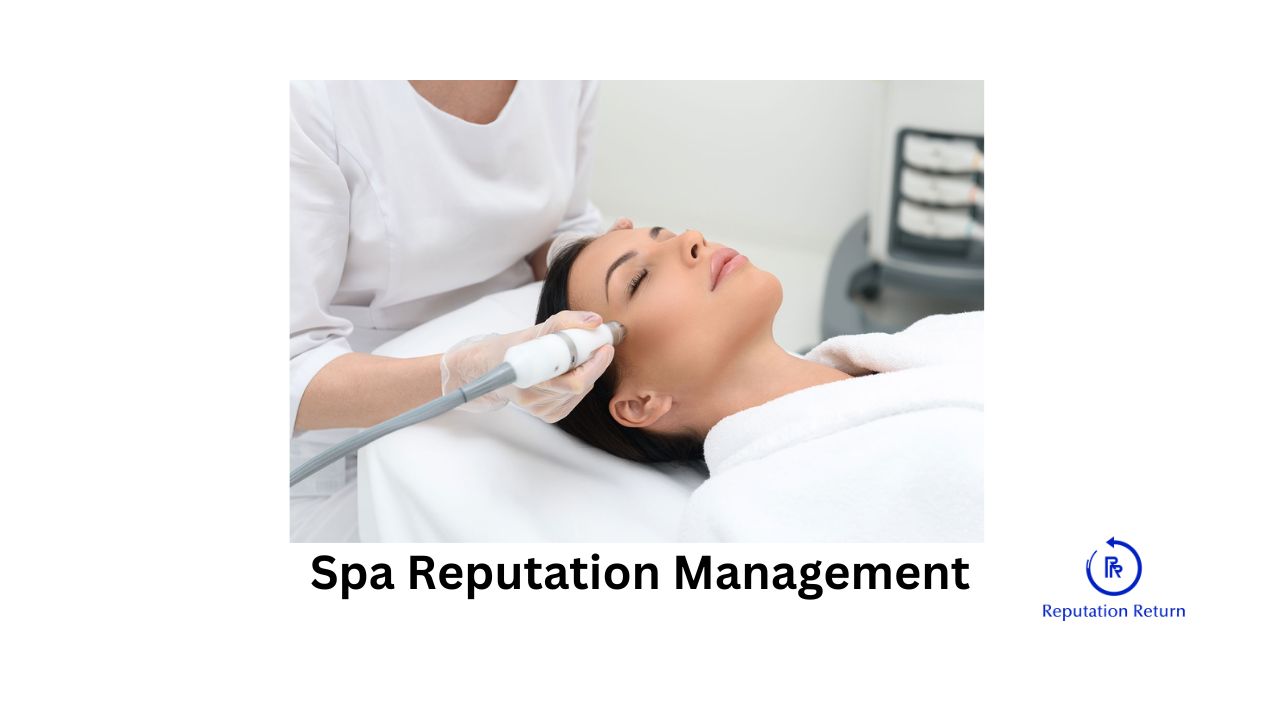The Importance of Proactive Reputation Management for Spas
Big or small, a spa’s reputation can be significantly impacted by online reviews, blog articles and social media interactions. For spas, where customer satisfaction and trust are paramount, managing your online reputation is crucial. Implementing a proactive reputation management campaign can mitigate the effects of malicious negative reviews, improve search engine rankings, and allow spas to control the narrative about their services. This article delves into why spas must prioritize reputation management and outlines strategies for effective implementation.
Mitigating Malicious Negative Reviews
Negative reviews can have a profound impact on a spa’s reputation. A single malicious review, especially if left unaddressed, can deter potential clients and tarnish the spa’s image. Here’s why proactive reputation management is essential:
- Early Detection and Response: By regularly monitoring review platforms and social media, spas can quickly identify and respond to negative reviews. A timely, professional response can show potential clients that the spa values feedback and is committed to resolving issues.
- Encouraging Positive Reviews: A proactive approach includes encouraging satisfied customers to leave positive reviews. This can help counterbalance any negative feedback and present a more accurate picture of the spa’s services.
- Addressing Root Causes: Regular feedback collection can help spas identify recurring issues and address them promptly. This not only improves customer satisfaction but also reduces the likelihood of negative reviews.
Improving Search Engine Rankings
Search engine visibility is critical for attracting new clients. A proactive reputation management strategy can enhance a spa’s online presence and improve its search engine rankings:
- SEO Optimization: Creating high-quality, keyword-rich content related to spa services can boost search engine rankings. This includes blog posts, service descriptions, and informative articles that answer common customer queries.
- Local SEO: For spas, local SEO is particularly important. Ensuring that the spa’s name, address, and phone number (NAP) are consistent across all online platforms, and claiming and optimizing Google My Business listings can improve local search visibility.
- Positive Review Generation: Search engines favor businesses with positive reviews. By actively encouraging and managing online reviews, spas can improve their ranking in search results.
Controlling the Social Narrative
With social media, the narrative surrounding a spa’s services can quickly spiral out of control. Proactive reputation management helps spas take charge of their online story:
- Content Creation and Sharing: Regularly posting engaging content, such as behind-the-scenes videos, client testimonials, and wellness tips, can help shape the spa’s online narrative. This content not only attracts potential clients but also keeps current clients engaged.
- Active Social Media Engagement: By actively engaging with clients on social media, spas can build a loyal online community. Responding to comments, addressing concerns, and participating in relevant conversations can help maintain a positive image.
- Influencer Partnerships: Collaborating with local influencers can amplify the spa’s positive message. Influencers can share their experiences and reach a broader audience, enhancing the spa’s reputation.
Implementing a Proactive Reputation Management Campaign
To effectively manage their online reputation, spas should consider the following steps:
- Regular Monitoring: Use reputation management tools to regularly monitor online reviews, social media mentions, and other relevant platforms. This allows for quick identification and response to any issues.
- Encouraging Feedback: Make it easy for clients to leave reviews by providing links on the spa’s website, social media pages, and follow-up emails. Offering incentives, such as discounts on future services, can also encourage positive feedback.
- Staff Training: Ensure that staff members are trained to handle customer feedback professionally and courteously. This includes responding to reviews, addressing concerns, and providing excellent in-person service.
- Crisis Management Plan: Develop a plan for addressing negative reviews or social media backlash. This should include guidelines for responding to negative feedback and steps for mitigating any potential damage.
- Content Strategy: Develop a content strategy that includes regular blog posts, social media updates, and other forms of engagement. This not only improves SEO but also helps maintain a positive online presence.
Proactive reputation management is essential for spas to mitigate the impact of malicious negative reviews, improve search engine rankings, and control the social narrative about their services. By implementing a comprehensive reputation management campaign, spas can enhance their online presence, attract new clients, and build lasting trust and loyalty among their customer base. Investing in reputation management is not just about protecting the spa’s image; it’s about securing your future success. Questions? Ask us.

